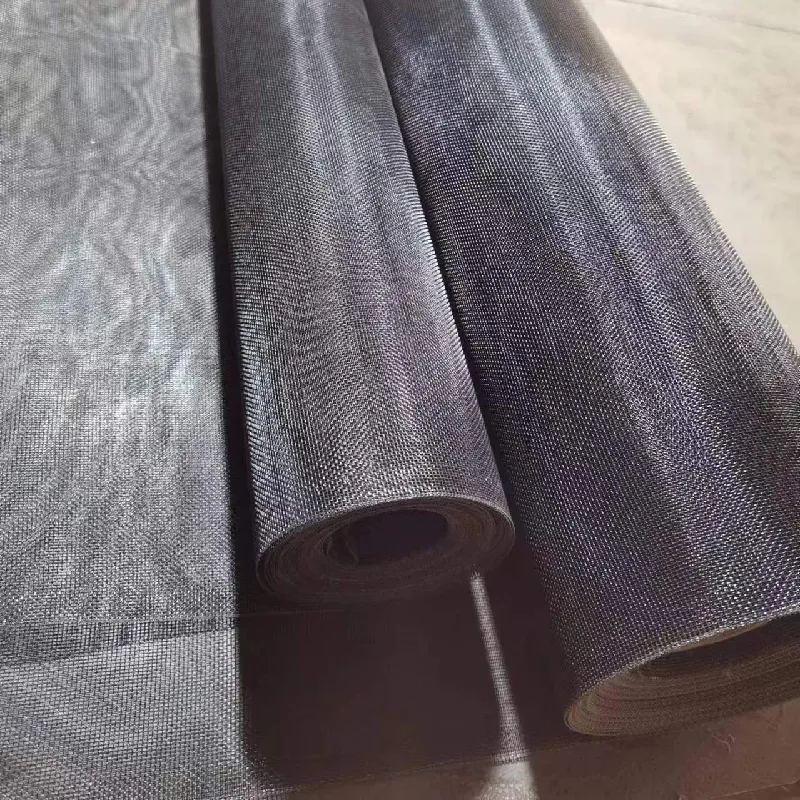-
 Afrikaans
Afrikaans -
 Albanian
Albanian -
 Amharic
Amharic -
 Arabic
Arabic -
 Armenian
Armenian -
 Azerbaijani
Azerbaijani -
 Basque
Basque -
 Belarusian
Belarusian -
 Bengali
Bengali -
 Bosnian
Bosnian -
 Bulgarian
Bulgarian -
 Catalan
Catalan -
 Cebuano
Cebuano -
 China
China -
 Corsican
Corsican -
 Croatian
Croatian -
 Czech
Czech -
 Danish
Danish -
 Dutch
Dutch -
 English
English -
 Esperanto
Esperanto -
 Estonian
Estonian -
 Finnish
Finnish -
 French
French -
 Frisian
Frisian -
 Galician
Galician -
 Georgian
Georgian -
 German
German -
 Greek
Greek -
 Gujarati
Gujarati -
 Haitian Creole
Haitian Creole -
 hausa
hausa -
 hawaiian
hawaiian -
 Hebrew
Hebrew -
 Hindi
Hindi -
 Miao
Miao -
 Hungarian
Hungarian -
 Icelandic
Icelandic -
 igbo
igbo -
 Indonesian
Indonesian -
 irish
irish -
 Italian
Italian -
 Japanese
Japanese -
 Javanese
Javanese -
 Kannada
Kannada -
 kazakh
kazakh -
 Khmer
Khmer -
 Rwandese
Rwandese -
 Korean
Korean -
 Kurdish
Kurdish -
 Kyrgyz
Kyrgyz -
 Lao
Lao -
 Latin
Latin -
 Latvian
Latvian -
 Lithuanian
Lithuanian -
 Luxembourgish
Luxembourgish -
 Macedonian
Macedonian -
 Malgashi
Malgashi -
 Malay
Malay -
 Malayalam
Malayalam -
 Maltese
Maltese -
 Maori
Maori -
 Marathi
Marathi -
 Mongolian
Mongolian -
 Myanmar
Myanmar -
 Nepali
Nepali -
 Norwegian
Norwegian -
 Norwegian
Norwegian -
 Occitan
Occitan -
 Pashto
Pashto -
 Persian
Persian -
 Polish
Polish -
 Portuguese
Portuguese -
 Punjabi
Punjabi -
 Romanian
Romanian -
 Russian
Russian -
 Samoan
Samoan -
 Scottish Gaelic
Scottish Gaelic -
 Serbian
Serbian -
 Sesotho
Sesotho -
 Shona
Shona -
 Sindhi
Sindhi -
 Sinhala
Sinhala -
 Slovak
Slovak -
 Slovenian
Slovenian -
 Somali
Somali -
 Spanish
Spanish -
 Sundanese
Sundanese -
 Swahili
Swahili -
 Swedish
Swedish -
 Tagalog
Tagalog -
 Tajik
Tajik -
 Tamil
Tamil -
 Tatar
Tatar -
 Telugu
Telugu -
 Thai
Thai -
 Turkish
Turkish -
 Turkmen
Turkmen -
 Ukrainian
Ukrainian -
 Urdu
Urdu -
 Uighur
Uighur -
 Uzbek
Uzbek -
 Vietnamese
Vietnamese -
 Welsh
Welsh -
 Bantu
Bantu -
 Yiddish
Yiddish -
 Yoruba
Yoruba -
 Zulu
Zulu
dunnage bags
The Importance of Dunnage Bags in Transport and Packaging
In today’s fast-paced global economy, the safe transportation of goods is more crucial than ever. Businesses strive to minimize losses and ensure that products arrive at their destination in perfect condition. One effective solution to this challenge is the use of dunnage bags. These simple yet innovative inflatable bags play a significant role in protecting cargo during transit, making them an essential component of modern logistics.
What are Dunnage Bags?
Dunnage bags, often referred to as air bags or inflatable packaging, are made from durable materials designed to provide cushioning and support for various types of cargo. Typically made from materials like polyethylene or polypropylene, these bags are inflated with air and inserted between items being shipped to prevent movement and damage. Their use is particularly common in shipping containers, trucks, and railcars, where space and stability are important factors for safe transport.
Benefits of Using Dunnage Bags
1. Cost Efficiency One of the main advantages of dunnage bags is their cost-effectiveness. Unlike wooden pallets or other rigid packaging materials, dunnage bags are lightweight and easy to handle. They take up minimal space when deflated, reducing shipping costs associated with both materials and space. This attribute makes them a preferred choice for many businesses seeking to streamline their logistics while saving money.
2. Enhanced Protection Dunnage bags provide excellent protection against shifting cargo, a common issue during transportation. By filling empty spaces in shipping containers or truck beds, these bags help prevent items from colliding with each other, which can cause breakage or damage. They also protect against heavy loads that might crush lighter items beneath them.
3. Ease of Use The use of dunnage bags is straightforward. They can be quickly inflated and deflated, allowing for easy setup and removal during loading and unloading processes. Their lightweight design also means that workers can easily handle them without the need for heavy lifting equipment.
dunnage bags

4. Versatility Dunnage bags can be used with a variety of products, from fragile glass items to heavy machinery parts. Their adaptable design makes them suitable for different industries, including automotive, food and beverage, and consumer goods.
5. Environmental Impact As the world becomes more conscious of environmental sustainability, the need for eco-friendly packaging solutions grows. Dunnage bags can be made from recyclable materials, and since they are lightweight and reduce the need for excessive packaging, they contribute to lower carbon footprints during transport.
Choosing the Right Dunnage Bags
When selecting dunnage bags, it is crucial to consider the specific needs of your cargo. Factors such as the weight of the items being transported, the type of container being used, and the transit environment (road, rail, or sea) should all influence your choice. Manufacturers offer a variety of sizes and materials, allowing businesses to select the most appropriate solution for their unique shipping requirements.
Additionally, it’s important to ensure that the air bags are properly inflated to achieve maximum protection. Under-inflated bags may not adequately prevent shifting, while over-inflation can lead to bursting during transit. Training staff on the proper usage and inflation levels can greatly enhance transportation safety.
Conclusion
Dunnage bags are an invaluable tool in the world of logistics and transportation. Their ability to protect cargo from damage, reduce shipping costs, and provide a sustainable packaging option makes them an attractive choice for businesses of all sizes. As companies look for ways to enhance their shipping methods and improve overall efficiency, the use of dunnage bags is a step in the right direction, ensuring that goods arrive at their destination safely and securely. In an era where customer satisfaction is paramount, investing in effective packaging solutions like dunnage bags is not just smart—it's essential.
-
Shipping Plastic Bags for Every NeedNewsJul.24,2025
-
Safety Netting: Your Shield in ConstructionNewsJul.24,2025
-
Plastic Mesh Netting for Everyday UseNewsJul.24,2025
-
Nylon Netting for Every UseNewsJul.24,2025
-
Mesh Breeder Box for Fish TanksNewsJul.24,2025
-
Expanded Steel Mesh Offers Durable VersatilityNewsJul.24,2025











